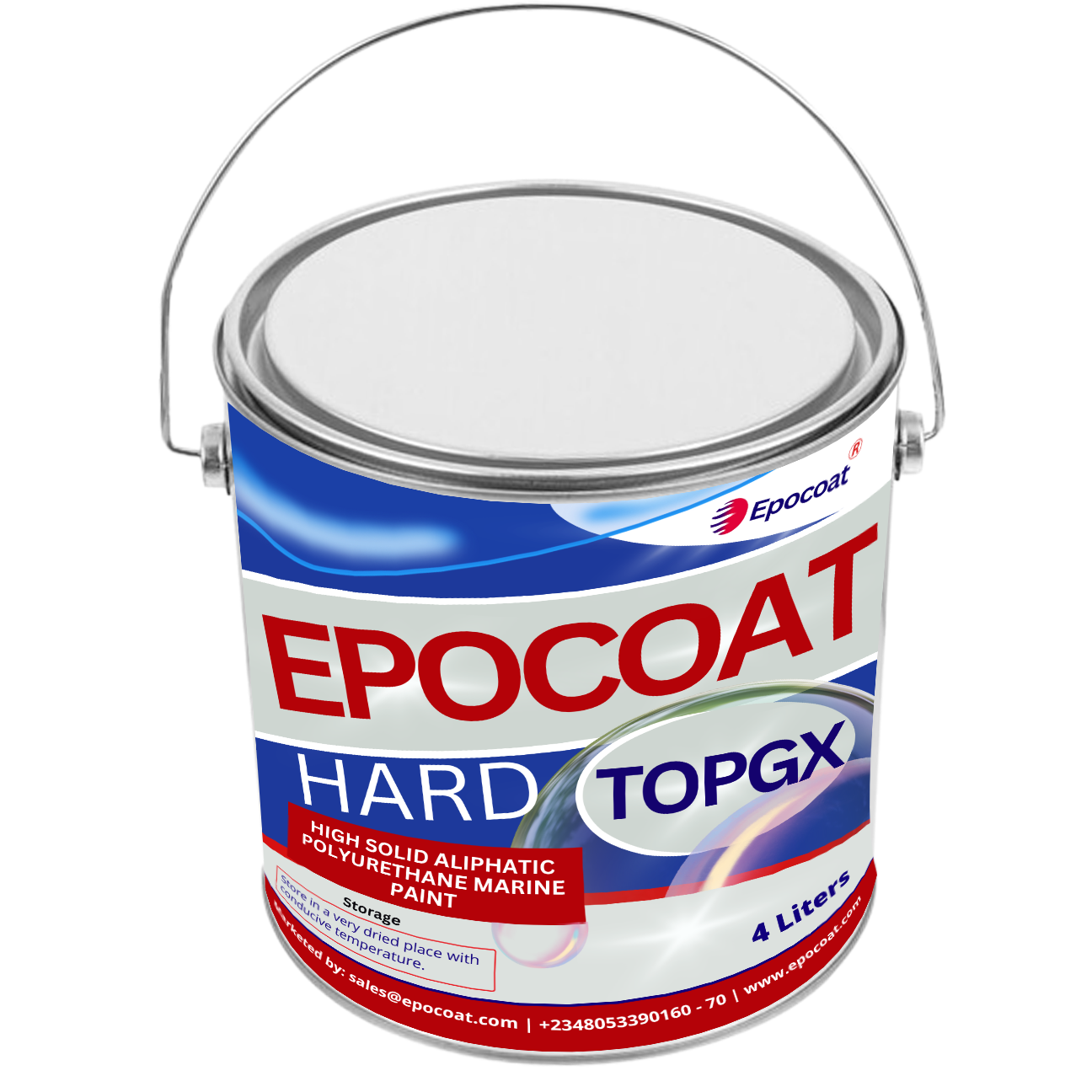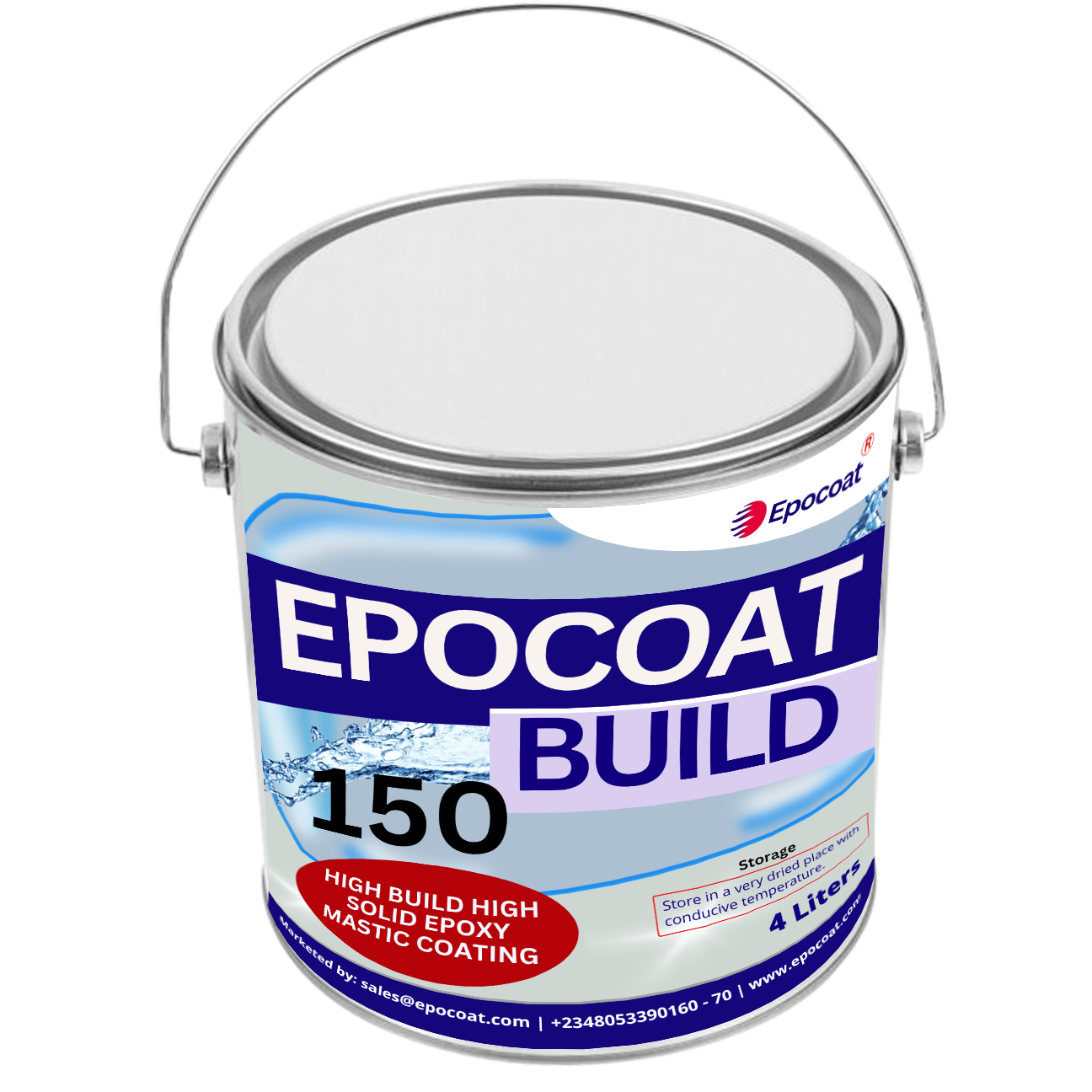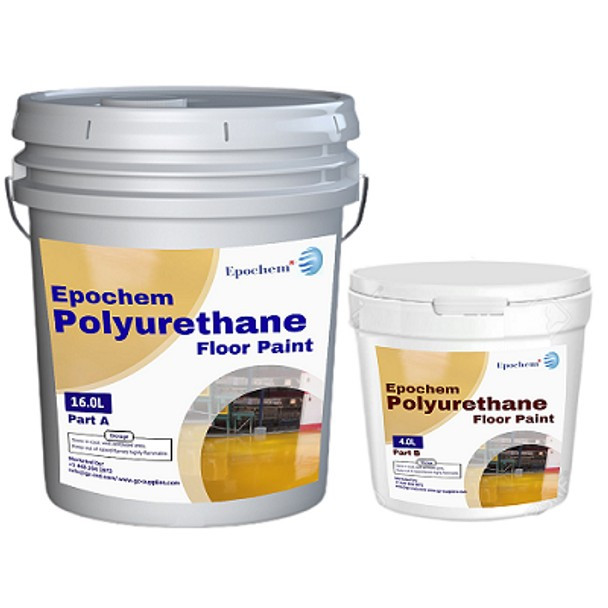Choosing the Right Coating Application Specialist for Your Project
Key Takeaways
Introduction
When it comes to industrial maintenance and construction, the significance of coating application specialists cannot be overstated. These professionals are pivotal in ensuring the longevity, durability, and safety of various structures by applying protective coatings that shield surfaces from wear and tear, corrosion, and other environmental factors.
Selecting the right coating application specialist is crucial for achieving optimal results. Begin by clearly defining your project's scope, including surface type, desired coating, and outcome. Research potential specialists, prioritizing those with experience in your industry. Evaluate their qualifications, certifications, and past projects through portfolios and references. Effective communication, the use of appropriate equipment, and a strong emphasis on safety are essential. Compare multiple quotes while considering warranties and guarantees. Building a trusting relationship with your chosen specialist is vital for project success.
This guide empowers you to make informed decisions by outlining the essential factors to consider when choosing a coating application specialist.
What Is The Role Of A Coating Application Specialist?
Coating application specialists, often referred to as coating application professionals, play a crucial role in a wide range of industries. Their responsibilities extend beyond merely applying paint; they are tasked with comprehensive surface preparation, selecting appropriate coating materials, and employing precise application techniques. These professionals work on diverse substrates including metal, concrete, and plastic, ensuring each surface is adequately prepared and coated to meet specific industry standards and requirements.
Key responsibilities include:
- Surface Preparation: This involves cleaning, sanding, and sometimes blasting surfaces to remove contaminants and ensure proper adhesion of the coating.
- Coating Application: Utilizing various methods such as spray application, brush application, or roller techniques to apply coatings uniformly and effectively.
- Quality Control: Conducting tests to ensure the coating adheres correctly, checking for any defects or areas needing touch-ups, and ensuring the finished product meets the specified standards.
Steps to Take When Choosing a Coating Application Specialist
Step 1: Assessing Their Technical Expertise
Check Qualifications ensuring that the coating application specialist has the appropriate certifications is paramount. Look for credentials such as the SSPC Coating Application Specialist (CAS) certification. These qualifications demonstrate a baseline of knowledge and adherence to industry standards. Verify their training and experience to ensure they are well-versed in the latest techniques and safety protocols.
Review Technical Skills and competent coating application specialist should have a strong understanding of corrosion theory, the ability to read and interpret construction blueprints, and proficiency with specialised equipment. This expertise is essential for tackling the complexities of industrial painting services and surface maintenance solutions.
Request examples, Ask for case studies or specific instances where the specialist successfully applied coatings. Look for examples that highlight their ability to overcome challenges, such as working in difficult environments or applying specialty coatings. Reviewing their past work can provide insights into their problem-solving skills and technical proficiency.
Step 2: Evaluate Their Soft Skills
Assess Team work Coating application projects often require collaboration with other professionals such as engineers, architects, and project managers. Inquire about their experience working in team settings and their ability to communicate and collaborate effectively. Strong teamwork skills are essential for the seamless execution of large-scale projects.
Problem-Solving Abilities, ask about past challenges they’ve faced in coating applications and how they resolved them. This can include dealing with unexpected weather conditions, complex surface geometries, or tight project deadlines. A specialist with strong problem-solving skills can adapt to unforeseen circumstances and ensure the project stays on track.
Cultural FitIt’s crucial to ensure the candidate aligns with your company’s culture and values. Consider their adaptability and work style preferences. A good cultural fit can enhance communication, increase productivity, and contribute to a positive working environment.
Step 3: Ask About Their Techniques and Best Practices
Verify Techniques used, Inquire about their knowledge of common techniques such as abrasive blasting, spray application, and thermal spray. A proficient coating application specialist should be adept at various methods and capable of selecting the most suitable technique for each project.
Check Adherence to Best Practices Ensure they follow manufacturer’s instructions and maintain correct environmental conditions during application. Adhering to best practices is crucial for achieving high-performance coatings that meet durability and safety standards.
Inspect Past Work Review previous projects they’ve worked on to see the quality of their application and adherence to specifications. This can include examining surface preparation techniques, the uniformity of the coating, and the overall finish. Inspecting past work can provide a clear indication of their attention to detail and commitment to quality.
Frequently Asked Questions
1. What should I look for in a coating application specialist?
When selecting a coating application specialist, consider their experience, certifications, quality of work, equipment used, and their knowledge of different coating materials. It's also important to check references and reviews from previous clients.
2. How do I verify the qualifications of a coating application specialist?
You can verify their qualifications by asking for certifications, such as NACE or SSPC, and checking if they have relevant licenses. Also, request information about their training and any continuing education they have undertaken to stay current with industry standards.
3. Why is experience important when choosing a coating application specialist?
Experience is crucial because it indicates that the specialist has successfully completed various projects and has dealt with different challenges. An experienced specialist is more likely to deliver high-quality results and can offer valuable advice on materials and techniques.
4. How can I determine if a coating application specialist is a good fit for my project?
To determine if a specialist is a good fit, discuss your project requirements in detail, including the type of surface, environmental conditions, and desired outcome. Ask them about similar projects they’ve completed and how they plan to approach your project.
Related Articles
The Definitive Guide to Protective Coatings: Types, Applications, and Benefits
DIFFERENT TYPES OF POWDER COATING
Conclusion
Choosing the right coating application specialist involves a meticulous process of evaluating technical expertise, soft skills, techniques/ past work. By following these steps, you can ensure that your project benefits from high-quality, durable, and safe coating applications. Investing in certified professionals not only enhances the longevity and performance of your surfaces but also provides peace of mind that your project is in capable hands.
For top-notch coating painting services, surface maintenance solutions, and corrosion protection, consider Gz Industrial Supplies. Our team of certified coating application specialists is committed to delivering exceptional results tailored to your specific needs. Contact us today to learn more about how we can support your next project with our comprehensive range of industrial painting services and protective coatings.











